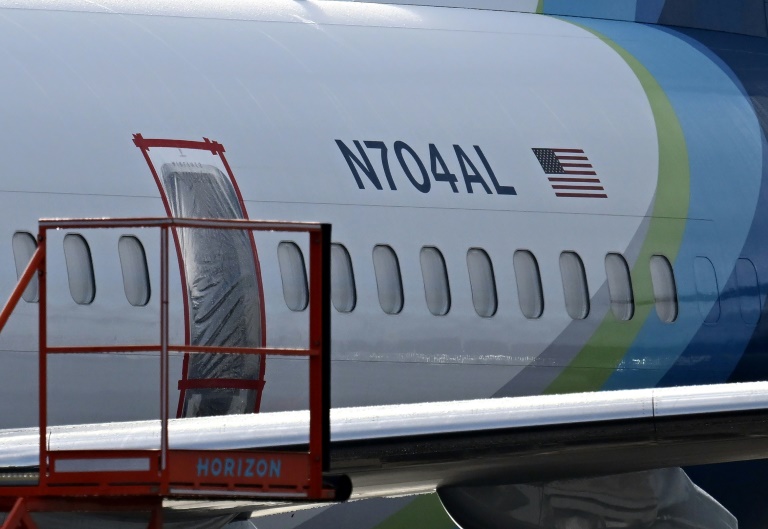External Affairs Minister S Jaishankar spoke exclusively to NDTV.
New Delhi:
India’s relationships with its immediate neighbours is not of a transactional nature, External Affairs Minister S Jaishankar told NDTV Wednesday evening. Mr Jaishankar pointed out it was New Delhi that started the ‘Neighbourhood First’ policy and had forged friendships based on this sentiment.
“Sri Lanka is an example of the neighbourhood policy… the world talked about Sri Lanka but India helped…” Mr Jaishankar told NDTV, recalling the weeks of economic and social crises that plagued the island nation in May 2022, sparking violence that claimed lives and made headlines worldwide.
One of the more startling visuals was protesters barging into and capturing then-President Gotabaya Rajapaksa’s Colombo residence, forcing security personnel to fire shots in the air to hold back a mob of literally hundreds while the Sri Lankan leader was escorted to safety by the military.
Other disturbing visuals were of large-scale arson and rioting, and of hundreds of people queuing up for essential goods like petrol or diesel, food, and life-saving medicines.
Sri Lanka reached out to the international community for help and did receive some support, particularly from the International Monetary Fund which released a $2.9 billion package.
But it was India that acted first and most decisively, providing nearly $4 billion in food and financial assistance, as well as shipments of fuel, medicines, and urea (fertilisers) for the next sowing season.
India’s aid to Sri Lanka, Mr Jaishankar highlighted, was not contingent on any reciprocity or ‘favour’ to be performed at a later date. It was simply an effort to help a struggling neighbour.
The speed of that aid was commended by the United States Agency for International Development, or USAID, which is an independent agency of the US government. USAID said India had acted “really swiftly” to help Sri Lanka, but calls to Beijing to provide relief had gone unanswered.
The US agency had also said China had become one of Sri Lanka’s biggest creditors, “often offering opaque loan deals at higher interest rates than other lenders” to finance “headline-grabbing infrastructure projects with often questionable practical use for Sri Lankans…”
The agency referred to a “massive port that has generated little income…” – seen as a note on the Hambantota Port, which has been taken over by the Chinese and has hosted Beijing’s spy ships.
Mr Jaishankar also referred to improved ties in the Gulf region, which he called India’s “extended neighbourhood” and said, “Our ties with the United Arab Emirates have improved by leaps in 10 years (of the Narendra Modi government).”
In February last year the Union Minister had also spoken about India providing Covid vaccines to neighbourhood countries in need, such as Afghanistan and Myanmar.
“The message I have is that this is a time for India to step up its support to its neighbours… to look at each, sit with them, and understand what their problems are and see what we can do,” he had said.
“This is the time for us to demonstrate that neighbourhood first really delivers. Not just in terms of lines of credit but also in terms of investments. If Indian tourists go out, if Indian businesses go out, also if Indian government’s investments can shore up other people’s economy and expand employment…and I can assure them that India will rise to that occasion,” he said.






